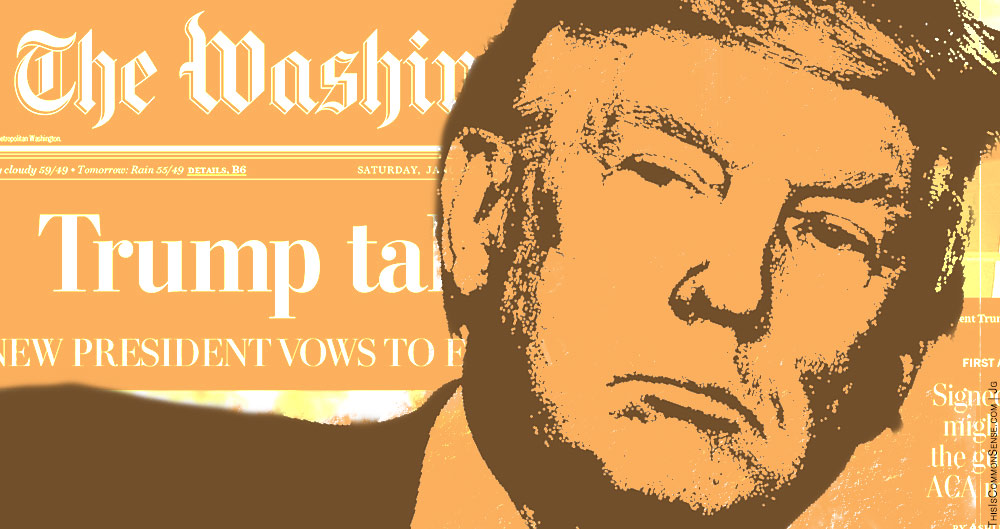Last week, when President Donald Trump abandoned his previous policy position on getting U.S. troops out of Afghanistan in favor of continuing the establishment-supported policy of keeping those troops there, he was very well-received in our nation’s capital.
NeverTrumper/neo-con Sen. Lindsay Graham (R-S.C.) spoke of Mr. Trump’s “smarts” and “moral courage.”
The #NeverPraiseTrump Washington Post applauded the president’s valiant “self-correction.”
Yet when Trump holds a view contrary to the Washington consensus his wisdom and moral bravery elicit less celebration.
Instead, we hear that The Donald is unfit to command.
“I really question his ability to be — his fitness to be — in this office,” says James Clapper, the former Director of National Intelligence.
“The president has not yet been able to demonstrate the stability,” Sen. Bob Corker (R-Tenn.) concurred, “that he needs to demonstrate in order to be successful.”
And from the usual suspect list of television talking heads we get clinical diagnoses, talk of “erratic behavior and mental instability that place the country in grave danger.”
Mr. Trump combines every bad personality trait imaginable, the litany runs.
But all this is for nought.
Donald Trump has been able to withstand media negativity as well as the lack of support from his own party’s insiders for one simple reason: it validates him.
Every insider attack, every media-fueled outrage campaign, just proves him as the ultimate outsider to a system that the long-frustrated, increasingly angered electorate wants turned upside down.*
This is Common Sense. I’m Paul Jacob.
*This episode of Common Sense condenses my regular weekend remarks at Townhall.


